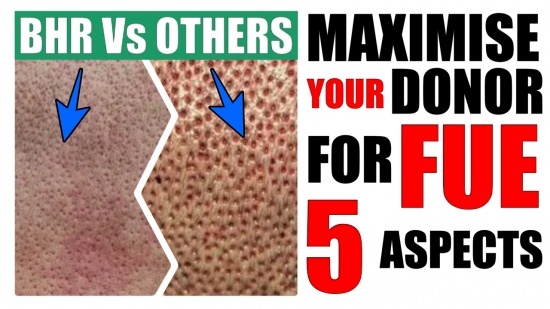Hair loss is a medical condition that affects some 25% of men in their twenties and an astounding two-thirds of men over sixty. Male-pattern baldness has no medical side effects other than hair loss. Due to this many consider it a purely cosmetic concern, however those who experience hair loss can suffer from very tangible psychological trauma.
Cures for male baldness have been around for thousands of years, from ancient Egyptian pigeon droppings to early-20th-century electroshock treatments for the scalp. Indeed, the search for that elusive cure has been ongoing, but it wasn’t until recently that we actually discovered what causes baldness. It turns out that male-pattern baldness is a result of a gene in the body that converts large quantities of testosterone into DHT (di-hydrotestosterone).
Hair loss occurs to some degree in 60 – 70% of men and can affect up to 50% of women at some time in their lives. Balding is hereditary, however some individuals suffer from its effects despite both their parents having all their hair. This is due to what is known as spontaneous mutation, whereby the genetic information changes at conception.
Hair loss can also occur as a result of traumatic events, radiation therapy, burns or surgery. These circumstances are often amenable to transplantation, if the donor areas are still healthy. Many drugs and diseases can also cause hair loss that is only reversible once the initial cause has been remedied meaning hair transplantation is not the answer in such cases. If suffering from a scalp disease, it is recommended to consult with a dermatologist.
The DHT hormone, though helpful during fetal development, can cause irreversible damage and a decline in structure to hair follicles. The usual life cycle of a hair follicle is five years, four of which are spent in a growing phase, while the last cycle is a stagnant phase. Follicles that are susceptible to DHT are eventually lost, and unfortunately not replaced by new follicles. This is why male-pattern baldness is gradual but irreversible in its later stages.
Hair loss affects all demographic groups. It does not discriminate based on wealth, class or social standing. So why do a few filaments of minerals cause so much anxiety? When men lose hair, they see it as a sign of ageing and, by association, a loss of virility. Young men feel it is too early and middle age men see youth slipping away.



